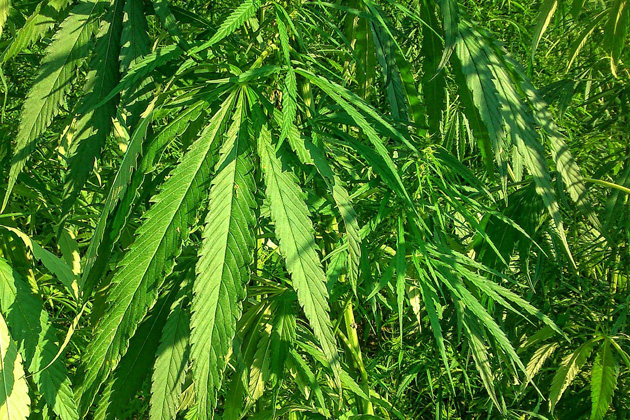
By Cole Lauterbach/Illinois Radio Network
SPRINGFIELD – Illinois is taking steps toward joining a number of other states in giving their farmers the chance to grow industrial hemp.
With downward corn and soybean prices sapping Illinois farmers’ profits, state lawmakers think industrial hemp can serve as another revenue stream.
The bill, which is awaiting a House committee vote after a unanimous Senate vote, would allow a farmer to get licensed with the Department of Agriculture to plant and harvest industrial hemp. The plant has a short growing season, grows to 15 feet tall, needs little maintenance, and starves out other weeds.
Rebecca Osland, policy associate with Illinois Stewardship Alliance, says farmers can use the crop as another revenue source that is also good for the soil.
“If our farmers can’t be profitable, they can’t stay in business so we’d like them to be thinking about the environment and also be profitable,” she said. “They also help out-compete some of the superweeds that have grown herbicide-resistant.”
Industrial hemp differs from its illegal counterpart by having less than 3 percent of the hallucinogenic chemicals of marijuana. Farmers would typically bale it the same way they would hay and straw at its full growth, though it can be done differently at a younger age to extract the seeds or oil.
During World War II, Illinois was one of the leading suppliers of hemp to the government to make paper, building materials and other products. A Wall Street Journal ad from 1945 shows Illinois was home to several government-owned industrial hemp mills.
According to the National Council of State Legislatures, at least 30 states passed legislation related to industrial hemp.
According to the Congressional Research Service, current industry estimates report U.S. hemp sales at nearly $600 million annually.
“Available trade statistics indicate that the value of U.S. imports under categories actually labeled “hemp,” such as hemp seeds and fibers – which are more often used as inputs for use in further manufacturing – was nearly $78.2 million in 2015,” the report states.
Should the bill pass, the University of Illinois has said it would begin studying the plant strains that would grow most optimally in local soils.






